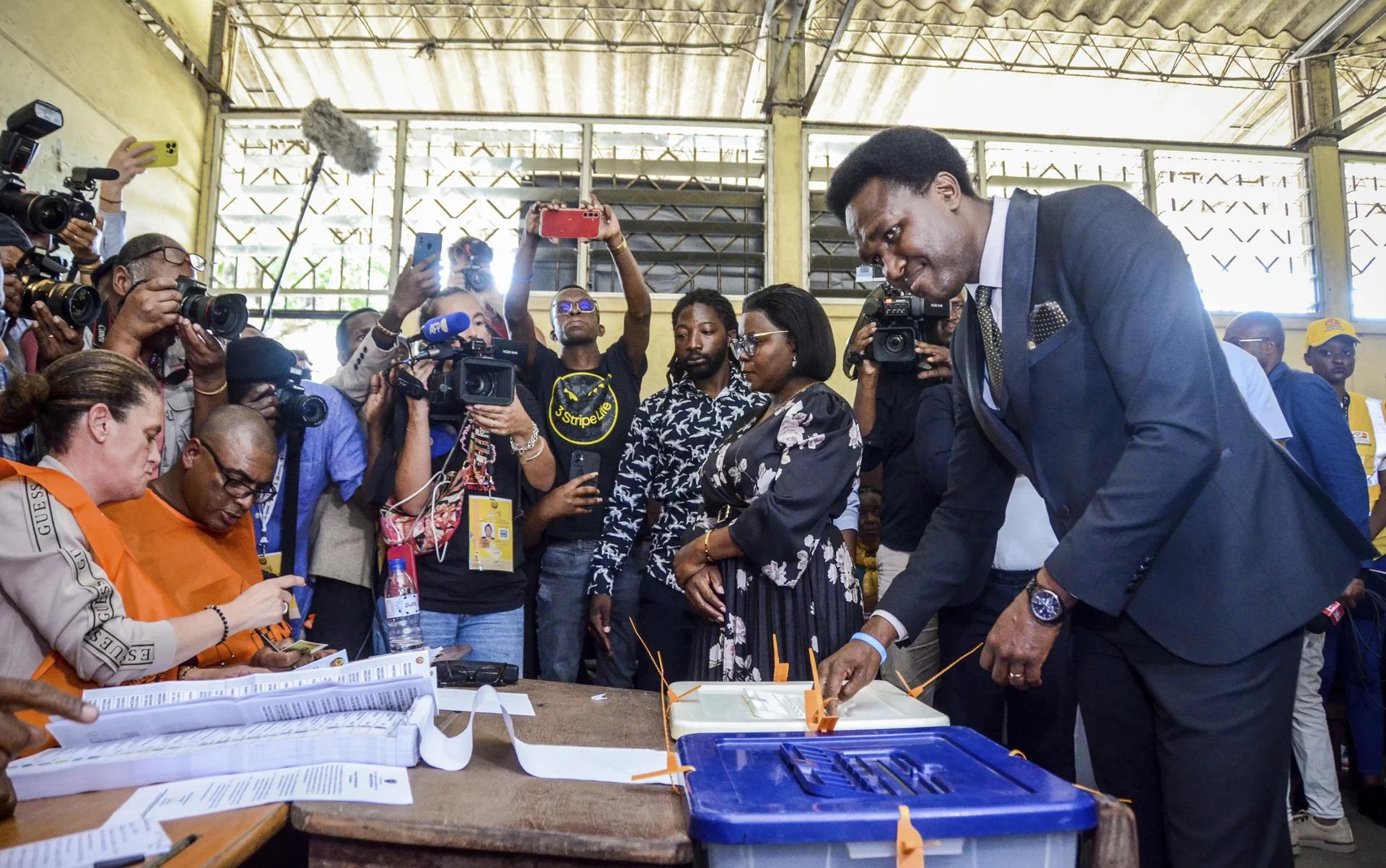YAOUNDÉ, Cameroon – Catholic bishops in Mozambique have critiqued the October 9 presidential election that resulted in lethal violence.
Around 17 million voters of the country’s 32 million inhabitants were eligible to choose their president from four candidates, with incumbent Filipe Nyusi not eligible to run after serving 8 years.
Nyusi’s Mozambique Liberation Front (Frelimo) party chose 47-year-old Daniel Chapo as their candidate. He was challenged by Ossufo Momade, 63, of the opposition Mozambican National Resistance (Renamo), Venancio Mondlane, 50, who ran as an independent but backed by Democratic Alliance Coalition (CAD), a coalition of nine political groups; and Lutero Simango, 64, who heads the Democratic Movement of Mozambique (MDM).
In the aftermath of the election that Frelimo is already claiming to have won – although the election results have not been declared – two opposition figures were assassinated.
“The country was shaken by the assassination of Elvino Dias, Venâncio Mondlane’s lawyer, and Paulo Guambe, leader of the Podemos party, who were gunned down in Avenida Joaquim Chissano in Maputo over the weekend,” said Johan Viljoen, Director of the Denis Hurley Peace Institute in a note sent to Crux.
“Elvino Dias, who led Mondlane’s defense in contesting the results of the October 9 general elections, was brutally murdered with 25 shots, along with Paulo Guambe, in a context of high political tension. The lawyer was also in charge of the preparation of the general strike called by Mondlane for October 21, in protest against the election results, which the candidate alleges were manipulated,” he said.
Catholic bishops in the Southern African country have weighed in not only on the killings, but also on the general conduct of the election. In an October 22 statement signed by the President of the Bishops’ Conference of Mozambique, Archbishop Inácio Saure, the bishops said the killings and the broader post-election violence is meant to silence democracy.
“In the electoral aftermath, violence was once again resorted to and now tainted with a cowardly ambush as a way of silencing, if not the truth, at least democracy,” the bishops said in the statement sent to Crux.
“We condemn the barbaric murder of two political figures that clearly recall, with similarities in method, other murders of political or civil society figures, also linked to opposition parties that occurred following previous elections” they said.
The bishops said that the election did not only show very low turnout, it was also riddled with fraud.
“More than half of the Mozambicans who had been registered were not present to exercise their right to vote,” they said.
“We witnessed the highest electoral abstention in our history of multi-party elections, which seems to indicate that the irregularities and frauds recorded in previous elections demonstrated to a large part of the population that their will, expressed at the polls, is not respected, making the exercise of this important civic right useless,” the statement said.
The bishops said there was “fraud on a grand scale, such as ballot box stuffing, forged notices and many other ways of covering up the truth. Irregularities and fraud, largely carried out with impunity, reinforced the lack of trust in electoral bodies, in leaders who abdicate their dignity and disregard the truth and the sense of service that should guide those to whom the people entrust their vote.”
“In this way, they push the people not only to confirm their suspicions, but also to question the legitimacy of those elected,” the statement added.
The Church leaders warned the country’s electoral bodies against certifying a fraudulent election, saying that it would be a lie to certify fraud.
As the country awaits the proclamation of the results and with tensions rising, the bishops have warned young people against being used as pawns by political hacks. They said they do recognize the right to peaceful protest, “but we also warn young people not to allow themselves to be used as instruments and drawn into acts of vandalism and destabilization.”
They noted that very often, young people allow themselves to be lured into participating in violent acts and illegal behavior, because their lives are “are based on the experience of the absence of hope in a favorable future… the lack of opportunities to build a dignified life.”
They said most young people in Mozambique were born in years of peace, and it would be rather unfortunate to give them war.
“We cannot let political parties and power groups continue to promote their harmful influence on young people, instilling policies of contempt, hatred and revenge or demonstrating a lack of values of respect for truth and honor,” the bishops said.
Stressing that the Catholic Church is non-partisan, and does not support candidates or parties, the bishops state that the conference will not renounce its political and social commitment, “to a concrete path towards building a more democratic, inclusive, just and fraternal society, in which everyone should live in peace, with dignity and a future.”
“Therefore, as the voice of the Catholic Church, we Bishops cannot fail to denounce this serious situation that the country is going through and the violence it generates, plunging everyone into chaos,” the bishops asserted.















